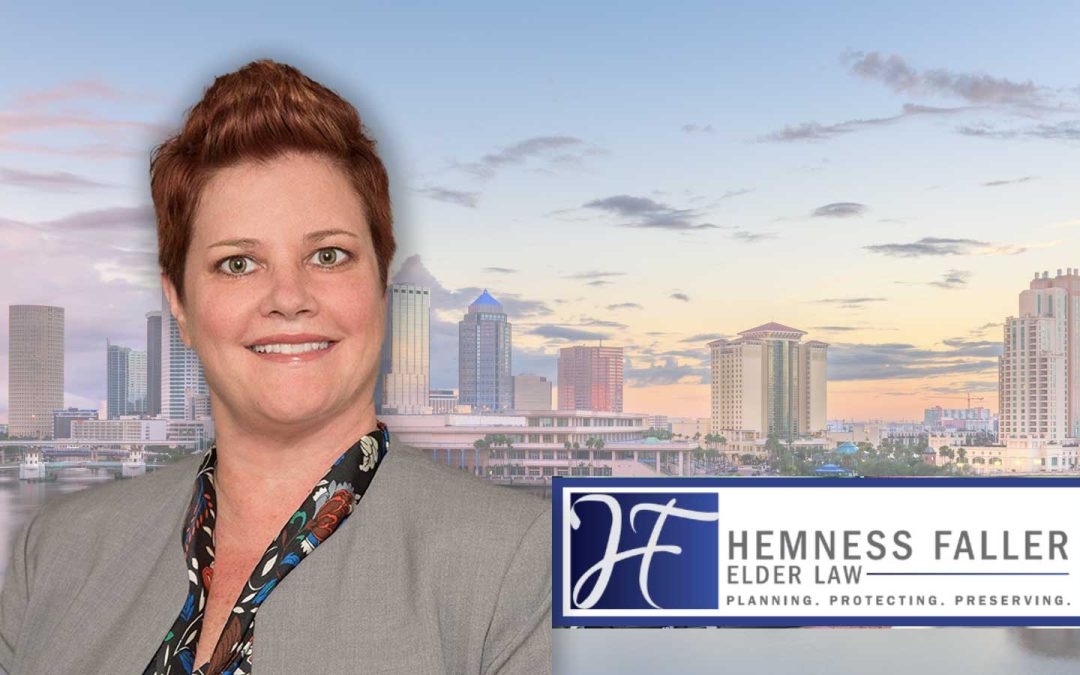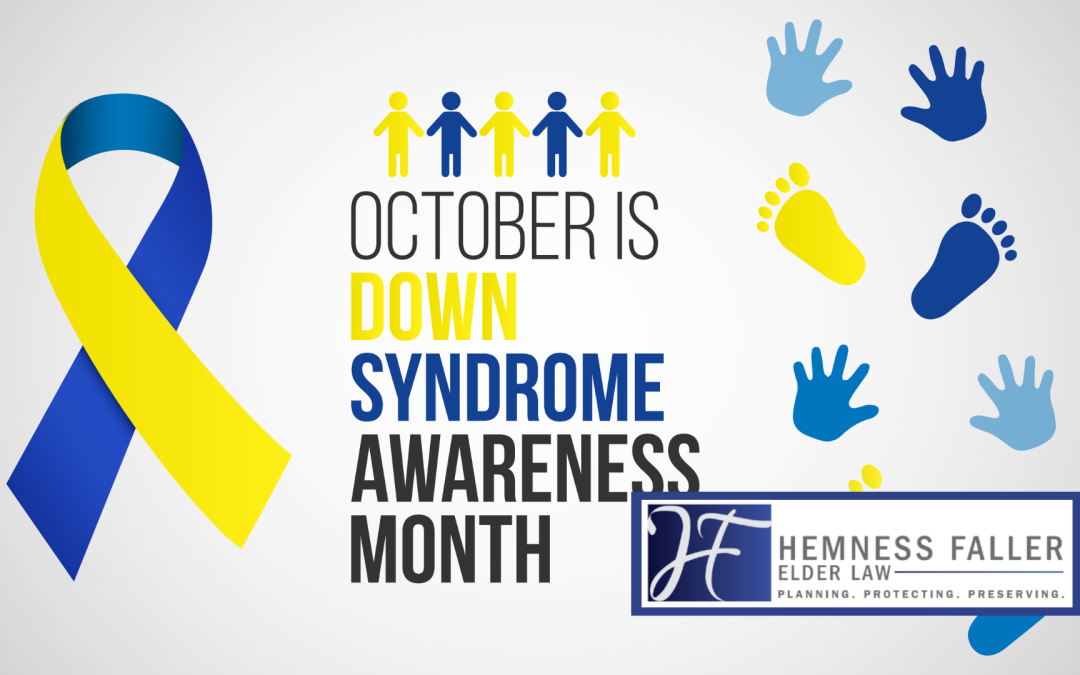In our last blog, we discussed the broad ways to enhance the independence of adults with disabilities. Going over living arrangements, education/skill development, as well as community involvement and legal advocacy for special needs individuals. One such option includes group homes for adults with disabilities, which has increasingly become a preferred option.
What Are Group Homes for Adults with Disabilities?
Group homes are residential settings specifically designed to accommodate adults with disabilities, providing them with a safe and supportive environment. These homes can be private or publicly funded and are typically operated by organizations or agencies specializing in disability care. One of the primary goals of these homes for adults with disabilities is to encourage and support independence. Residents often participate in daily life activities such as cooking, cleaning, and personal care, learning essential life skills along the way. This empowerment fosters self-esteem and self-reliance.
Each resident’s needs are carefully assessed to provide personalized care plans. Trained staff members offer assistance with daily tasks, medication management, and healthcare coordination. These supports ensure that adults with disabilities receive the attention they require to thrive. Group homes prioritize safety and security. Staff members are on-site or on-call 24/7 to respond to emergencies and provide assistance as needed. This ensures that residents are well-protected, allowing them and their families to have peace of mind. Group homes strive to integrate residents into the broader community. They often organize outings, recreational activities, and educational programs, allowing residents to interact with their neighbors and participate in community life.
Community Inclusion
Group homes create a sense of community for residents. They live with peers who share similar challenges and experiences, forming bonds and friendships that enhance their social lives. This inclusion helps combat isolation and loneliness, leading to improved mental well-being. For some adults with disabilities, transitioning from family homes to group homes can be a significant step. It’s essential to create a transition plan that addresses their unique needs and concerns. Family members play a vital role in this process by providing emotional support and guidance.
In conclusion, group homes for adults with disabilities offer a supportive environment that promotes independence, community inclusion, and individualized care. These homes play a vital role in enhancing the quality of life for adults with disabilities, providing a sense of belonging and security. If you or a loved one is considering this option, be sure to explore the available resources and consult with professionals who specialize in disability care.
The experienced team of attorneys here at Hemness Faller Elder Law, The Law Office formerly known as Emma Hemness, P.A., are here for you and your family and we want to be YOUR estate planning and elder law attorneys. After all, we are ordinary people, providing extraordinary guidance backed by years of experience and advocacy for the vulnerable citizens in our community. We encourage you to contact us and schedule a meeting.






